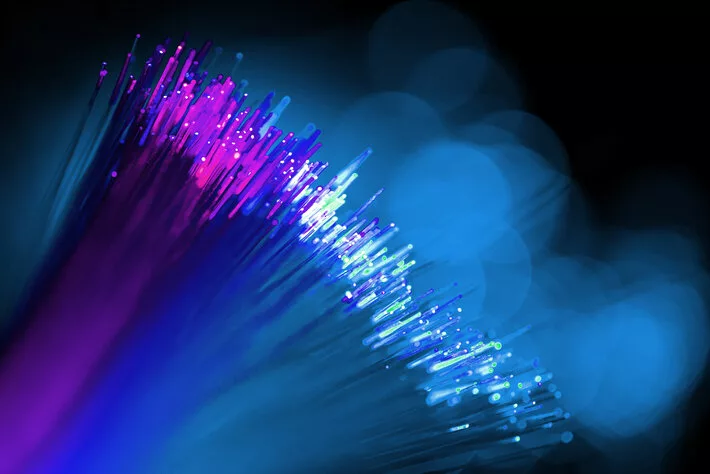The Noah’s Ark Laboratory of Huawei has announced its research results in relation to Network Mind, the world’s first prototype to apply machine learning to achieve intelligent, automated network traffic control through automatic detection and accurate prediction of traffic changes.
Network Mind facilitates the management of millions of network elements with millisecond response time and automatic adaptation and optimisation based on service changes. Network Mind is therefore capable of helping telecom operators and enterprises achieve differentiated, self-adaptive control of complex services in ultra-large networks.
The amount of network elements, data traffic, and types of service in communication networks is soaring as new technologies continue to emerge, including 5G, the Internet of Things, Software-Defined Networking, Augmented Reality, and Virtual Reality. This results in a level of network complexity that is impossible to manually control through defined rules. How automatic modelling can be used to realise intelligent network control and management is a major topic of study at many research institutions.
In December 2015, the Noah’s Ark Laboratory of Huawei developed the industry’s first Network Mind prototype. The prototype is currently being tested in collaboration with telecom operators. Results of tests on live networks prove that Network Mind is highly efficient, flexible, and reliable in complex network control. It is up to 500% more efficient in realising key performance indicators (such as task completion and policy generation) than existing control methods using template-based algorithms or heuristic optimisation algorithms.
Network Mind is over 50 times more efficient when analysing paths of large optical networks, and this improvement can reduce the time it takes to analyse typical use cases (such as optical network failure prevention), from 5 hours to as little as 6 minutes. When network conditions and business models change, Network Mind automatically adapts and renews its models to minimise the impact on existing services.
Online deep reinforcement learning and real-time Big Data mining and analytics are the key technologies of Network Mind. Deep learning enables effective abstract representations, while reinforcement learning supports self-adaptation and self-evolution. These technologies allow networks to learn and upgrade automatically based on data, thus realising automated and intelligent control and management.
Important research results on Network Mind have been announced at major network-related academic conferences such as SIGCOMM and INFOCOM.
Huawei believes that the Network Mind prototype will catalyse the adoption of machine learning and artificial intelligence in communication networks, paving the way for automated, intelligent next-generation networks and offer a superior user experience.
Comment on this article below or via Twitter: @ VanillaPlus OR @jcvplus






